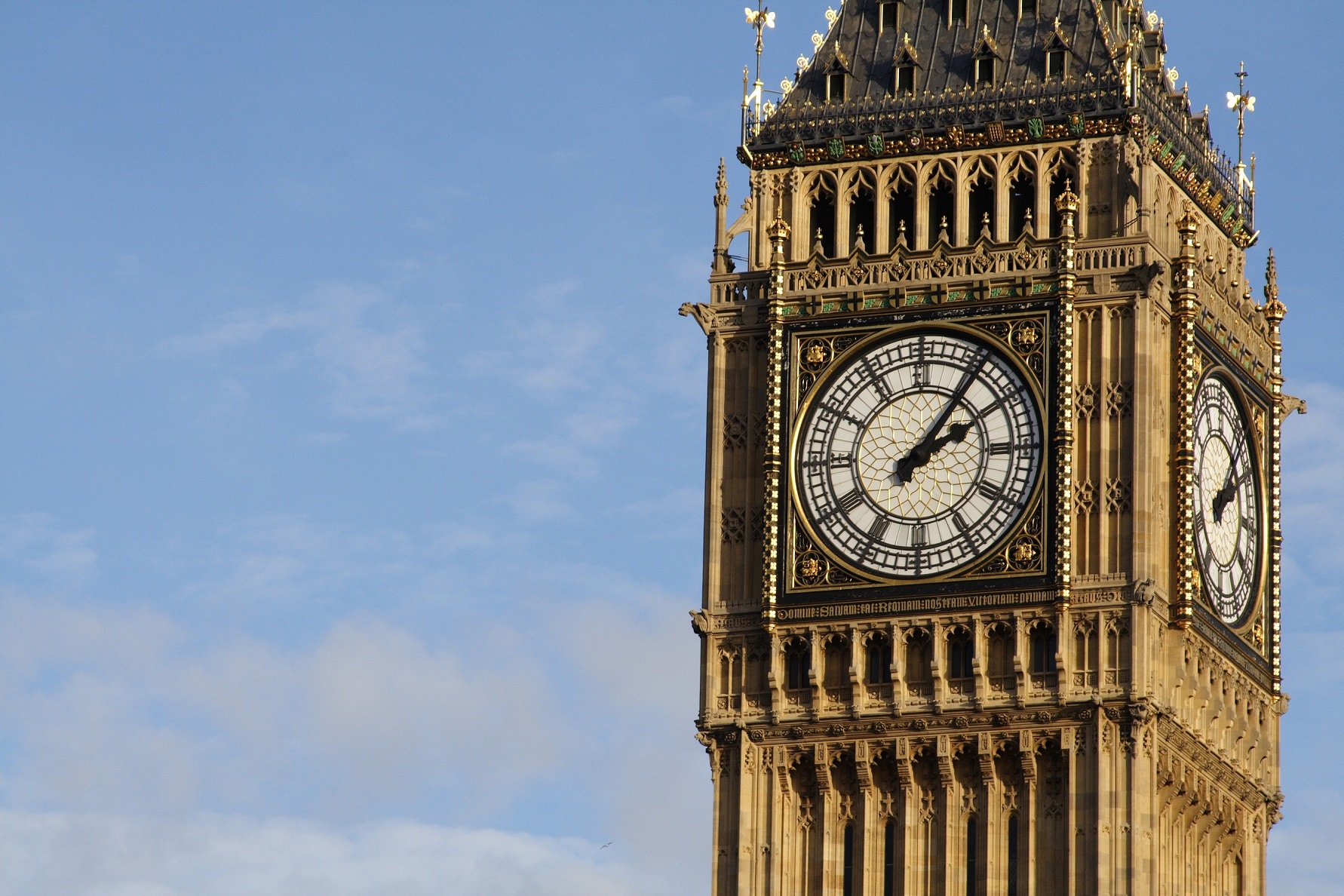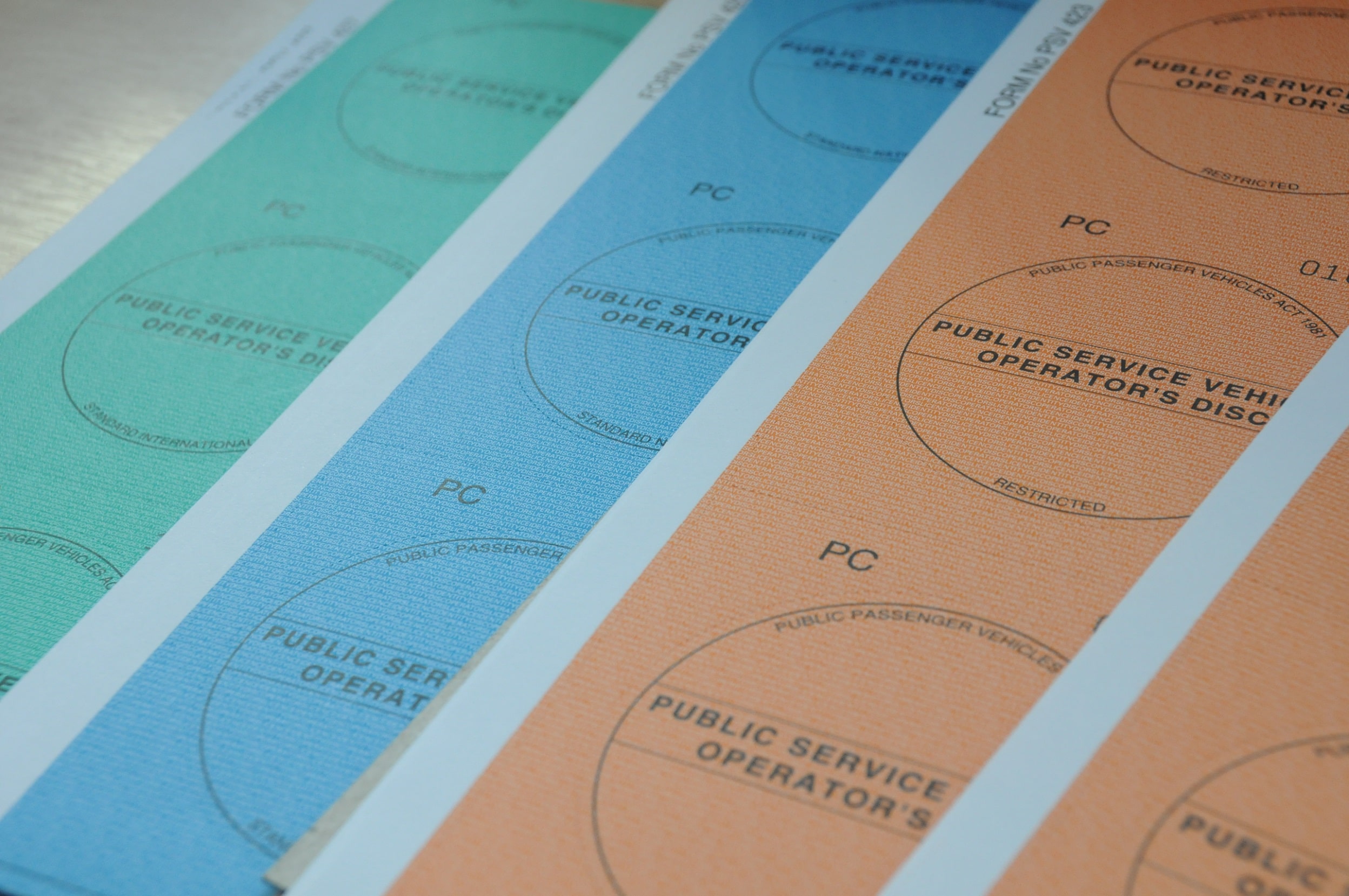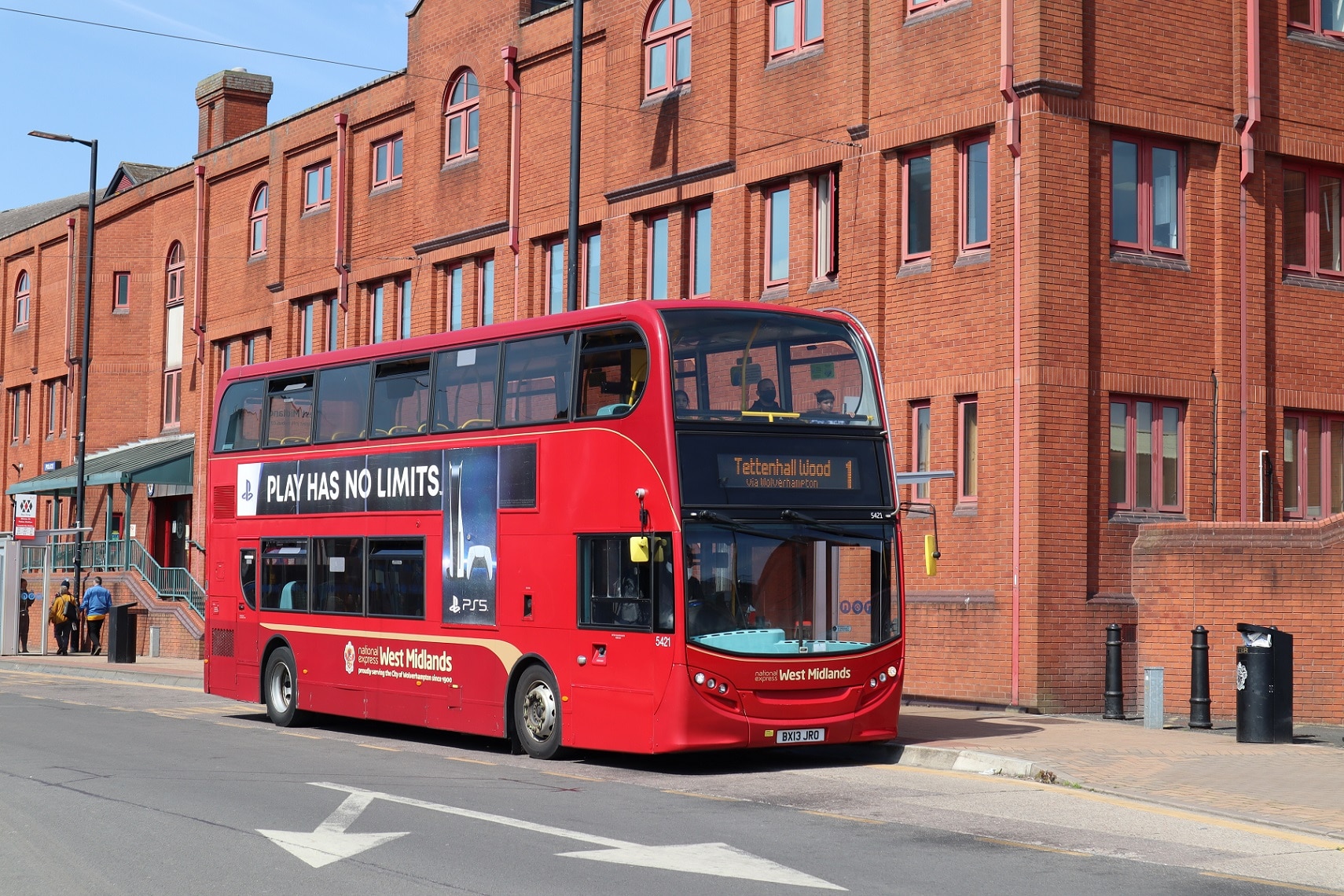The past 14 months represent the most difficult period that the coach and bus sector has ever seen. But if only one positive can be taken from that time, it is how a collective voice has been found to articulate issues, needs and wants to politicians.
Clearly, not all of those have been – or will be – acted upon. Westminster’s treatment of the coach industry, despite tens of thousands of hours having been expended by people and bodies within it in calling for a support package, has been tone deaf at best. A handful of comments made by politicians have been borderline offensive. But elsewhere, engagement has delivered. In Northern Ireland and Scotland, sector specific funds were agreed. On a local level, Blackpool Council has suspended coach parking charges for the rest of 2021.
The bus industry, meanwhile, has seen its advice on temporary changes to service registration protocols acted upon by the Traffic Commissioners, as one example of its communication with decision makers. On the flip side, it still awaits change on social distancing. Reduced capacities are now causing problems, with a real and understandable fear that turning people away will do long-term damage. Operators balance that against an unhelpful earlier message against travel.
What will be key over the coming weeks and months, when coach customers return and the bus industry, too, welcomes more passengers, is that this momentum in communication and engagement is maintained.
As workloads return, responsibility for that will sit largely with trade bodies. Those associations have a mandate and an expectation by their members. They are aware of that. They need to deliver.
The signs, thankfully, are good. The three principal bodies that represent coach operators continue to work together on parking at Heathrow Airport. While not securing a reversal of the recent charge increase, a couple of smaller (but still significant) wins were recently had. There is also constructive engagement underway over PSVAR and its ultimate application to coaches.
In buses, there is finally a growing recognition that the mode has an important future role to play. Big money is being made available and the industry stands at the forefront of the green revolution. Many imaginations have already been captured by well-executed launches of zero-emission buses and the sector is in a good place to leverage that further.
Politicians may not be to everyone’s taste, but it is beyond question that they influence and control a lot of what goes on in the industry. Change will arrive over the coming years. Ensuring those in power are well-informed about the sector is imperative if the future is to be a rosy one.



























